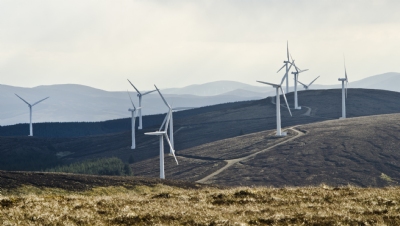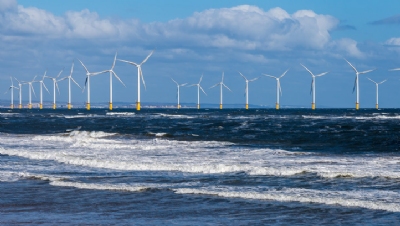Major Malfunction
Industrial facilities in Texas continue to violate their Clean Air Act permits by releasing large amounts of air contaminants during “emissions events” or “upsets” — the regulatory terms used to describe unauthorized emissions from equipment breakdowns, process malfunctions, operator errors or maintenance work. Emissions events are supposed to be accidental, unanticipated releases of air pollution. However, the data show that these events occur so frequently as to be almost routine at some facilities, and often involve large releases of health threatening pollution. A recent study found that emissions events in Texas lead to the premature deaths of at least 16 people and $148 million in health-related costs per year. According to reports filed by companies through the State of Texas Electronic Emissions Reporting System (STEERS) in 2017, 275 companies reported 4,067 breakdowns, maintenance incidents, and other emissions events that resulted in the release of more than 63 million pounds of illegal air pollution.
A Day In the Life of an Environmental Advocate
On Thursday I hosted a press conference about our new report on illegal air pollution in San Antonio, and I had to wake up at the unholy hour of… 6am. Okay, so, I know I’ve made it through worse, but 6am?! I can barely manage to make breakfast at that hour, let alone pull together the materials for an entire press conference.
New report highlights how toxic “accidents waiting to happen” threaten U.S. waterways
Onshore limits on turbine size could make offshore wind cheaper

Offshore wind could become Britain's cheapest source of renewable power within a decade as planning constraints prevent the deployment of larger, more cost-efficient turbines onshore, new research has found.
Carbon Brief: UK's emissions could have doubled since 1990 without renewable energy

The UK's total carbon footprint has decreased by 38% since 1990 - but could have doubled if the renewable energy revolution had failed to gain traction, new analysis from Carbon Brief has concluded.
UK wind energy generation smashes record again

Wind energy in the UK set another record last week, with new figures revealing that more than 15GW of renewable energy was generated by wind technologies on Friday (8 February).
Austin’s Water Forward plan is a bold step into the future
(By Jennifer Walker and Sharlene Leurig) Austin's new 100-year water plan uses an innovative strategy called integrated water resource management (also known as One Water), which looks at all sources of water — including nontraditional sources like rainwater, storm water, and wastewater — as possible resources to meet community needs. Water Forward is also the first water supply plan in Texas to incorporate climate change into its future projections.
EPA's "Dirty Water Rule" will threaten Texans' drinking water
Wind power breaks 100% threshold for Scotland's electricity demand

Wind farms in Scotland generated enough power to account for more than 100% of the country's electricity demand last month, according to new figures from WeatherEnergy.
Large-scale solar costs expected to fall below £40/MWh by 2030

The cost of large-scale solar generation is expected to fall below £40/MWh by 2030, according to the latest assessment by the Solar Trade Association (STA).
